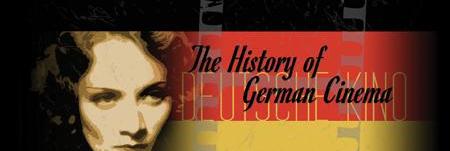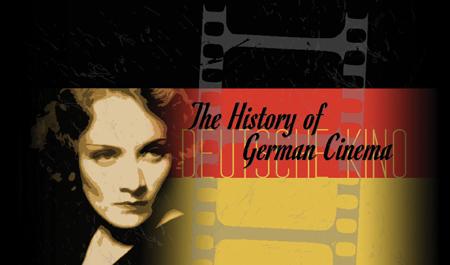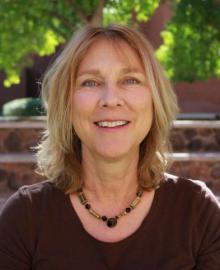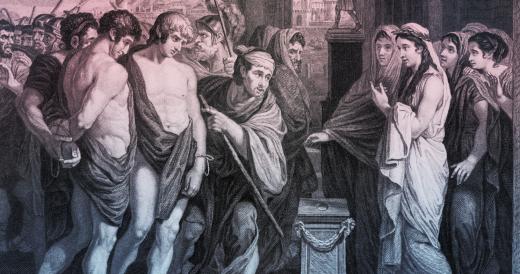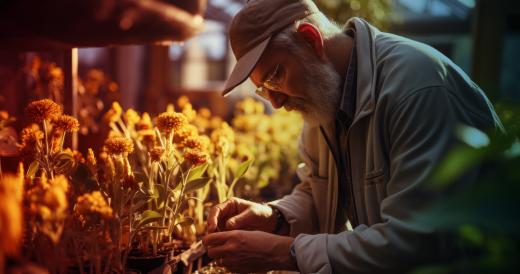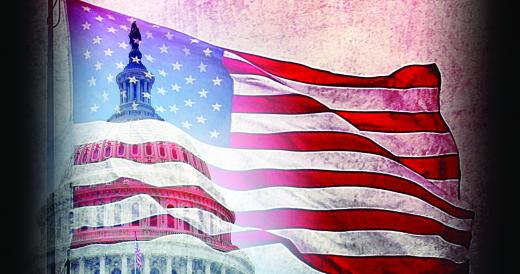Location:
Beginning with the German cinema of the 1920s and ending with contemporary films, this course provides a historical overview of influential German movies, major periods, and key filmmakers.
In the 1920s German cinema was one of Hollywood’s fiercest competitors, and the Ufa, Germany’s premier film studio, produced a body of innovative films that would become classics. Movies such as Nosferatu and Metropolis continue to influence filmmaking practices internationally. We will begin with a look at the cinema of the Weimar Republic (1919-1933) and the transition of silent film to sound film beginning with German cinema’s earliest sound film, The Blue Angel, the 1929 film that launched Marlene Dietrich into stardom.
The course then explores Nazi cinema (Leni Riefenstahl and Veit Harlan), the Hollywood films of German-speaking émigrés like Billy Wilder and Fritz Lang, postwar movies of West Germany, and the New German cinema. It looks at such topics as working through Germany’s fascist past (Rainer Werner Fassbinder), East German films, and then finally contemporary film and German unification (Florian von Donnersmarck and Fatih Akin). Given that German film is closely aligned with the history of the 20th century, the course relates the films to the social reality from which they emerged.
Required Reading:
Brockman, Stephen. A Critical History of German Film. Rochester, NY: camden House, 2010. ISBN: 978-1571134684.


